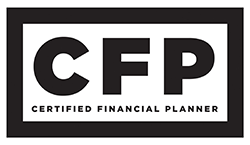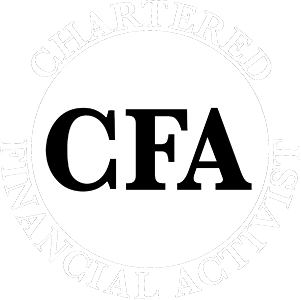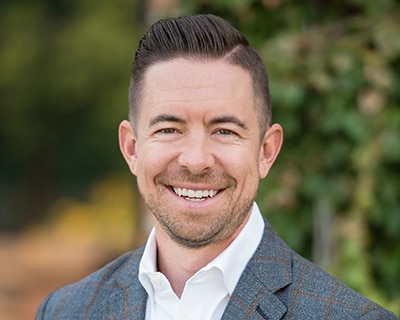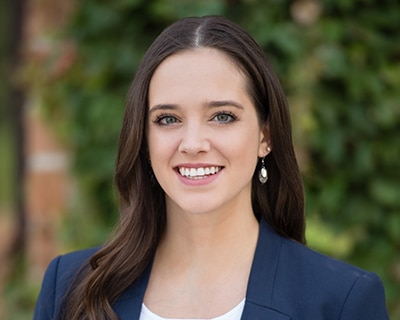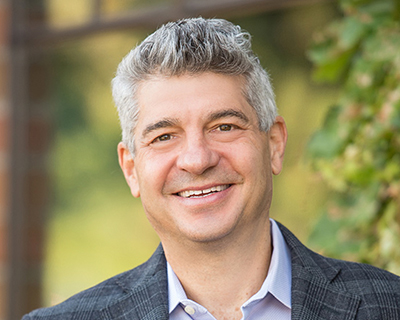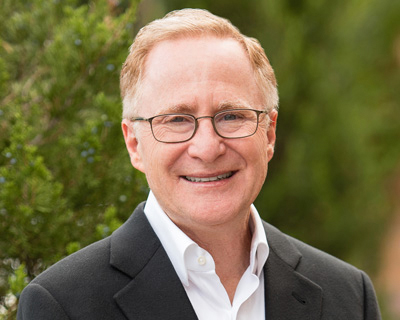As the founder of CCM, I wanted to share my personal story about what led us to become a Certified B Corporation–and the many ramifications of that decision. B Corporation certification provides third-party validation (like a Good Housekeeping Seal of Approval) that a company meets rigorous criteria in order to qualifify as a socially responsible business. The evaluation process carefully scores each applicant on a wide array of social, environmental and internal governance metrics that are specific to its industry.
Our journey down this path began more than a decade ago, in 2012, when I attended a conference on alternative investing. There was a breakout session on something called impact investing, which piqued my curiosity. The speaker was a gentleman named Ron Cordes, who was a pioneer in the field of impact investing—intentionally investing with both economic and social or environmental goals. At that time, this type of social investing was a new and relatively unknown practice. It was so groundbreaking that Ron actually felt compelled to seek and obtain approval (a “no-action” letter) from the IRS to utilize this approach with his family foundation.
He spoke about his experience in the world of micro-finance, which he was introduced to by his friend and mentor Jerry Hildebrand. Micro-finance involves making numerous small unsecured loans to individuals, predominantly women, in developing countries. The loans, which may typically each be just a few hundred dollars, are used to help start or expand small businesses. These tiny ventures can be life-changing in helping the owners break the cycle of poverty, put food on their tables, afford to pay school fees for their children, and potentially shift the playing field for women in traditionally patriarchal societies.
Ron went on to explain that these loans had higher repayment (lower default) rates than commercial loans in the U.S., and that during the 2008-2009 financial crisis, they were by far his best performing investments. (See the footnotes below for important disclosures)[1]
Being a Certified B Corporation for over a decade has also profoundly shaped our identity. This designation is not a small thing. It seeps more and more into who we are and what we do. It drives how we introduce ourselves and our organization. It defines how we view ourselves, and even the legal form of our organization. We are now formally a social benefit corporation, meaning that our goals (as expressed in our articles of incorporation) extend beyond maximizing shareholder returns.
Impact investing, which started as a personal interest, has grown into a primary interest of our clients, especially newer and younger ones. And even investors who aren’t personally interested seem to appreciate working with advisors who manifest these values and care about something more than just making money. I call it the white hat effect—a nod to the “good guy” characters in the old westerns that I grew up with.
These multi-layered unforeseen consequences of becoming a Certified B Corp. all build on each other in a very self-reinforcing manner. It is hard to imagine that we will ever stop pursuing the ideals of the Certified B Corporation community.
Whenever I have the opportunity to speak to groups of students or professional advisors about this journey, I leave them with this well-known poem.
What is Success?
To laugh often and much;
To win the respect of intelligent people and the affection of children;
To earn the appreciation of honest critics and endure the betrayal of false friends;
To appreciate beauty;
To find the best in others;To leave the world a bit better, whether by a healthy child, a garden patch or a redeemed social condition;
To know even one life has breathed easier because you have lived;
This is to have succeeded.
- Ralph Waldo Emerson
And I wish them (and you) much success.
Steven L. Ellis, CFA
Founder, Colorado Capital Management
1. Microfinance loans have all the typical risks of debt (such as interest rate risk, repayment risk and risks associated with inflation). Such loans are typically mission-driven investments, and as such may have below market rates of expected return. Past performance cannot be relied upon as being indicative of future results. The financial crisis of 2008-2009 was an extraordinary period when most conventional corporate stock and bonds investments experienced large losses.
2. As with all investments, impact focused investments involve risk. Even with rigorous due diligence, there can be no assurance that they will meet their financial or impact objectives.
Steve Ellis has spent his career making an impact, so it’s not surprising that Colorado Capital Management’s founder launched the firm’s entry into impact investing.
- Steve Ellishttps://coloradocap.com/blog/author/steve-ellis/
- Steve Ellishttps://coloradocap.com/blog/author/steve-ellis/
- Steve Ellishttps://coloradocap.com/blog/author/steve-ellis/
- Steve Ellishttps://coloradocap.com/blog/author/steve-ellis/
Editor’s Note: This blog post is for informational purposes only and does not constitute financial, legal, or tax advice. Readers are encouraged to consult with a qualified professional regarding their individual circumstances. Please refer to our firm’s website for full disclosures and important information: CCM Website Disclaimer




